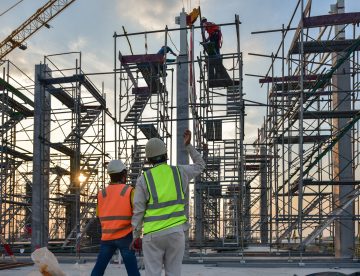
When project deadlines are looming, allowing periods of overtime can be helpful in ensuring everything is completed on time. However, excessive reliance on overtime during any phase of construction can be a telltale sign that something might have gone wrong at the initial planning stage.
So, the question is ‘How can a construction business effectively reduce its reliance on overtime and ensure smoother, more efficient operations?’ Read this week’ blog to explore this subject in more detail.
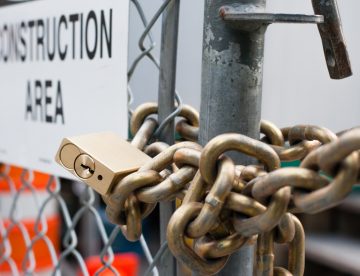
Research shows that nearly four out of five tradespeople in the UK have experienced tool theft with the estimated cost to the industry coming in at a staggering £2.8 billion.
Because the victims of tool theft are often self-employed, the impact of their individual losses on them, their families, livelihoods and mental health can be devastating. However, the criminals targeting construction sites and trade vans rarely stop to think about such things and so it’s vital that construction companies prioritise and put every effort into site security. In this week’s blog, we’ll look at how big this problem has become and what you can do to protect your site.
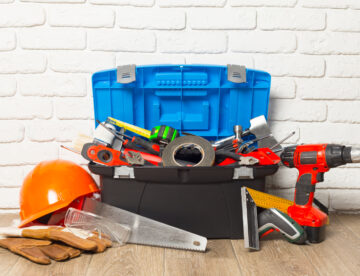
Tools and equipment are essential to the effective running of any construction site but, because they are used so much, they can suffer a lot of wear and tear, become damaged and eventually be unusable.
However, with proper care and maintenance, the lifespan of your tools and equipment can be extended and that’s good news for four reasons: 1) Better quality tools means better quality work; 2) It reduces costs related to repairs or replacements; 3) There will be fewer accidents/ injuries from faulty equipment; and 4) It’s better for the environment.
With so much to gain, in this week’s blog, we’re sharing some top tips for how to protect and maintain those tools.
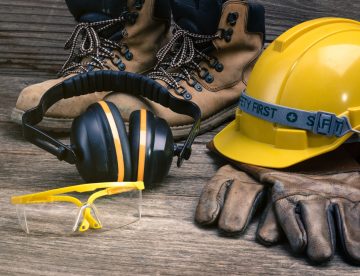
Over the past two years, the term PPE has become a big part of our everyday language, most often associated with the kind of face coverings we’ve all used during the coronavirus pandemic.
But, now that COVID seems to have moved out of the media spotlight, perhaps it’s a good time to remember that PPE (personal protective equipment) has always meant much more to the construction industry.
In this week’s blog, we’re looking at five key areas of the body that especially require protection (head, face/eyes, ears, hands and feet) and sharing some tips on how to select and properly use the necessary PPE.

Statistics from the Health and Safety Executive show that there has been an average of 61,000 non-fatal injuries in construction each year and that during the period 2020-21 there were 39 fatal injuries. Although that might not seem a large number, it’s 4 times the rate for all industries!
Whilst falls from height and slips, trips and falls feature among the most common causes of injury, every year thousands of people are injured due to hazards arising from the equipment they’re using on site. Take a look at this week’s blog for six common dangers to watch out for.
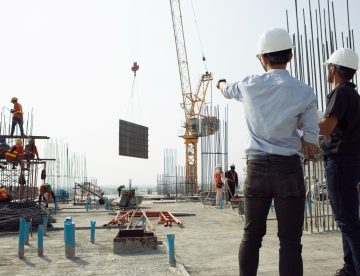
For any construction project, the position of Site Manager (sometimes referred to as Project Manager) is one of the most important. Whoever takes on this role must oversee the day-to-day management of on-site operations from start to finish (including pre-planning) and ensure all tasks are carried out with a focus on three key things – meeting timescales, keeping within budget and performing to the expected quality standards.
There’s no doubting that being a Site Manager is challenging but, as with many job roles, when some thought and time is given to being more effective, things can become easier and more enjoyable. If you’re wondering how to do this, read our blog for our top five tips.

The world we live in is constantly changing and the construction industry is certainly no exception to this. While some of the changes construction faces are incredibly challenging (for instance, the materials and labour shortages that have been widely reported in recent years) others can be seen as game-changing opportunities to boost productivity, conquer new markets, improve sustainability and support the wellbeing of the workforce.
As we start another year, still in the grips of the global pandemic along with other serious planetary concerns, we’re taking a look at some of the predicted top trends for construction in 2022.

